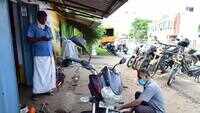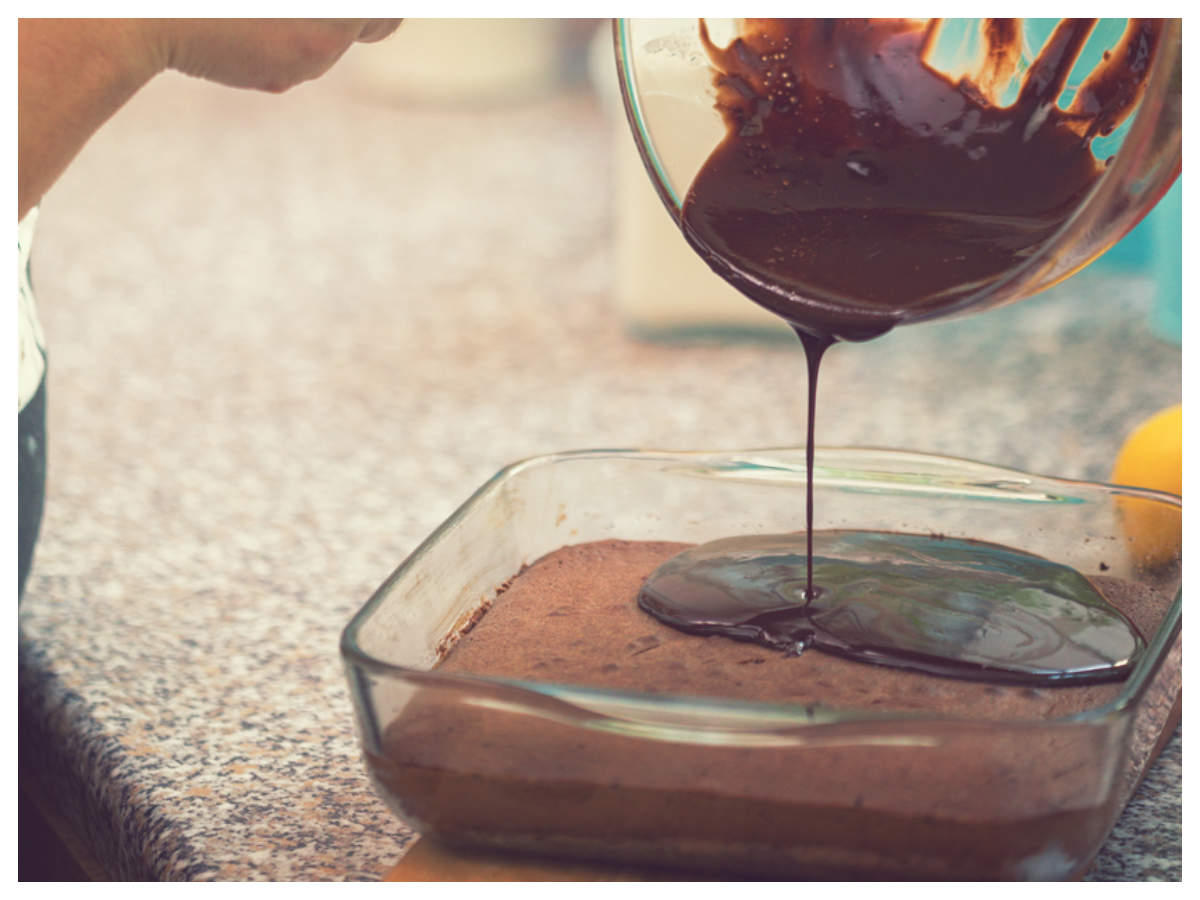
Ranchi: As Prime Minister Narendra Modi emphasised on manunfacturing and using local products during and after the Covid-19 pandemic, small enterprises in the city dealing in tribal medicinal plants and products look forward to get benefits with help from the government.
Vendors and traders of these natural products, often selling their wares on the roadsides, said the government should explore the potential of promoting herbal medicines as part of the “go local” campaign and in tune with the home-made remedies suggested by the Ayush ministry to build immunity against the coronavirus.
In the city, one can often find Jharkhand’s indigenous and herbal products easily at local, rural haats and regular vegetable sellers. The products include leaves, roots, tree barks and medicinal powders, all traditionally used for minor ailments and body detox. Often in demand among these are ‘Bathua Saag’, a unique vegetable known for its digestion-aiding properties, ‘Bheng Saag’ (Centella asiatica) and other plants indigenous to the state.
Rani Devi, who sells traditional medicines and doubles up as vegetable vendor at Naga Baba Khatal market of Ranchi, said, “Since the lockdown, the demand for traditional herbs that boost immunity has increased. I sell Chirauta (bitter stick), which I procure from Jonha and is used as a tonic to boost immunity and as a cure for impurities in blood, fever and skin ailments among others.”
She added, “Since the supply has been staggered, buyers are now paying Rs 10 for one bundle of Chirauta instead of the Rs 5 for two bundles. If the government helps us with branding of such products, I think it will help both the common people and the small-time sellers like me.”
Another seller, Bana Mahato, said, “On regular days, people gather around those vendors who trade in locally produced tribal remedies and even seek advice to take the right herbs for problems like stomach ache, low hemeoglobin and high sugar etc. The lockdown has reduced their numbers but there is no dearth of demand.”
Vendors and traders of these natural products, often selling their wares on the roadsides, said the government should explore the potential of promoting herbal medicines as part of the “go local” campaign and in tune with the home-made remedies suggested by the Ayush ministry to build immunity against the coronavirus.
In the city, one can often find Jharkhand’s indigenous and herbal products easily at local, rural haats and regular vegetable sellers. The products include leaves, roots, tree barks and medicinal powders, all traditionally used for minor ailments and body detox. Often in demand among these are ‘Bathua Saag’, a unique vegetable known for its digestion-aiding properties, ‘Bheng Saag’ (Centella asiatica) and other plants indigenous to the state.
Rani Devi, who sells traditional medicines and doubles up as vegetable vendor at Naga Baba Khatal market of Ranchi, said, “Since the lockdown, the demand for traditional herbs that boost immunity has increased. I sell Chirauta (bitter stick), which I procure from Jonha and is used as a tonic to boost immunity and as a cure for impurities in blood, fever and skin ailments among others.”
She added, “Since the supply has been staggered, buyers are now paying Rs 10 for one bundle of Chirauta instead of the Rs 5 for two bundles. If the government helps us with branding of such products, I think it will help both the common people and the small-time sellers like me.”
Another seller, Bana Mahato, said, “On regular days, people gather around those vendors who trade in locally produced tribal remedies and even seek advice to take the right herbs for problems like stomach ache, low hemeoglobin and high sugar etc. The lockdown has reduced their numbers but there is no dearth of demand.”
Quick Links
Kerala Coronavirus Helpline NumberHaryana Coronavirus Helpline NumberUP Coronavirus Helpline NumberBareilly NewsBhopal NewsCoronavirus in DelhiCoronavirus in HyderabadCoronavirus in IndiaCoronavirus symptomsCoronavirusRajasthan Coronavirus Helpline NumberAditya ThackerayShiv SenaFire in MumbaiAP Coronavirus Helpline NumberArvind KejriwalJammu Kashmir Coronavirus Helpline NumberSrinagar encounter
Get the app








